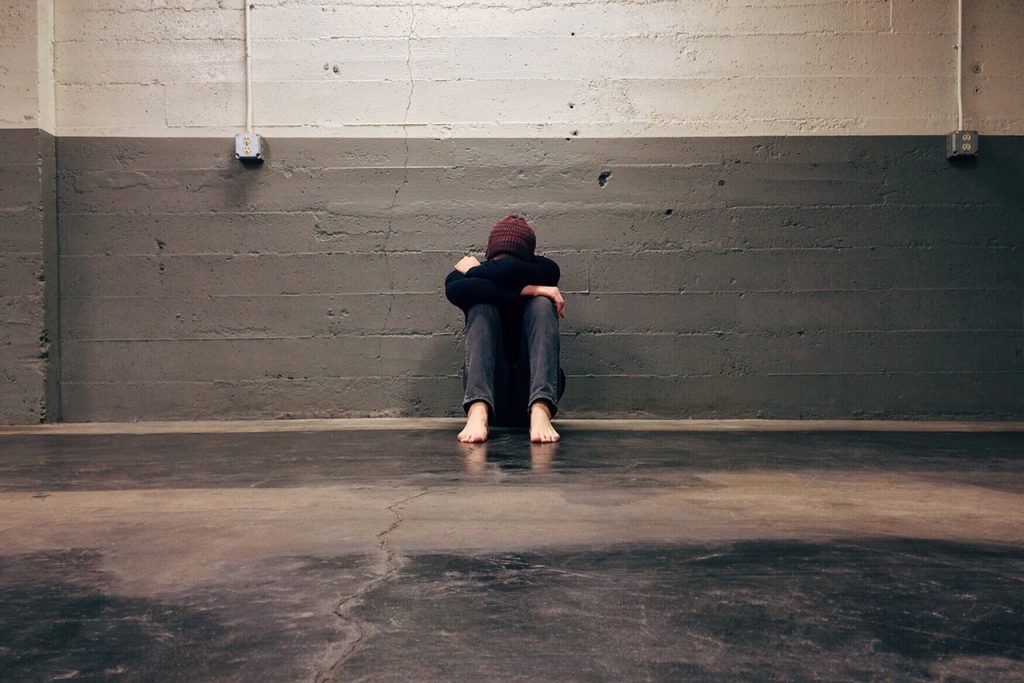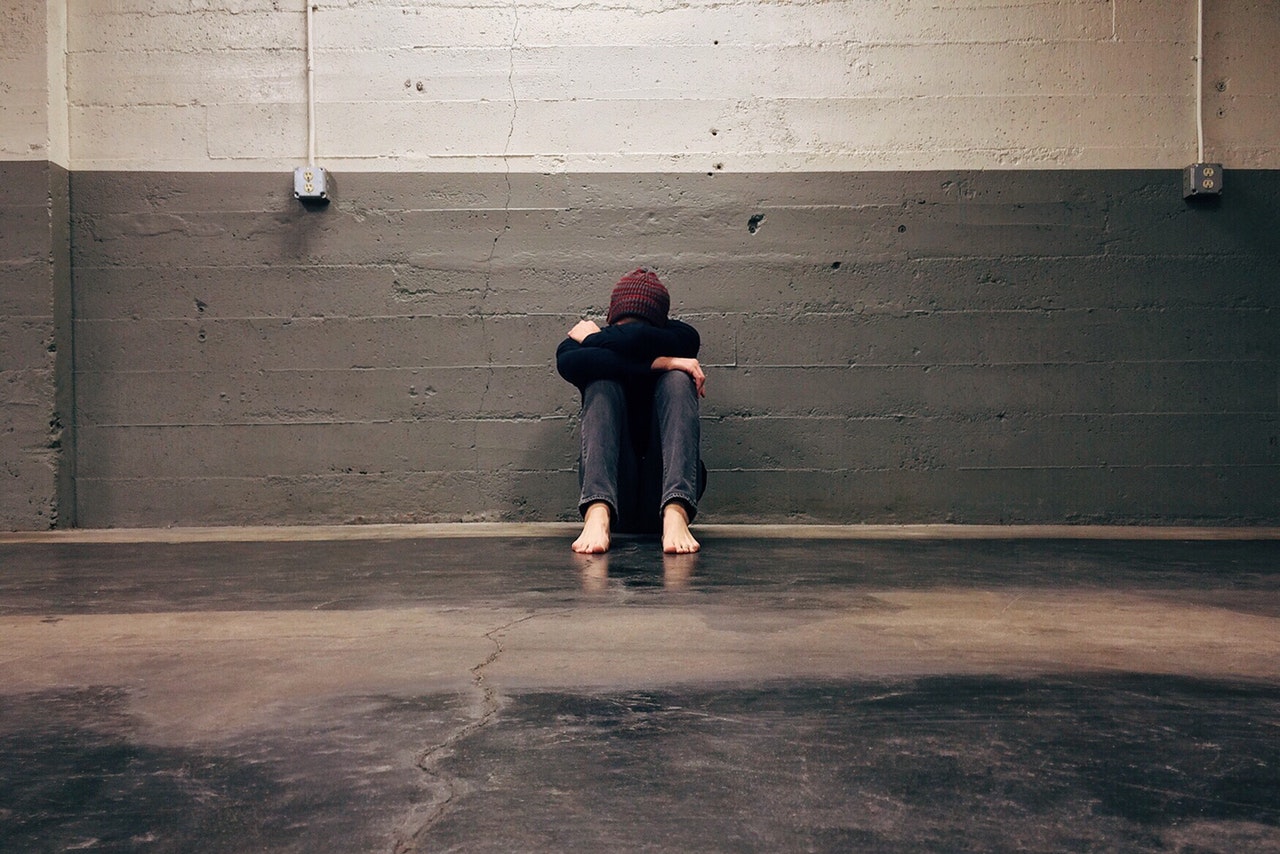Car accidents can change your life in an instant and even minor crashes can leave you shaken.
Many people focus on physical injuries after an accident, but the emotional and mental impact can be just as challenging to overcome. If you’re struggling with fear, anxiety, or other emotional distress after a car accident, you’re not alone.
Dealing with these emotions can feel overwhelming, especially if you’re also handling medical bills, insurance claims, and lost wages. This is where seeking help from car accident attorneys can make a difference. They can ease the burden of the legal aspects so that you can focus on your recovery. It’s important to know that there are resources available to help you cope.
Recovering emotionally after a car accident takes time and effort, but it’s possible. With the right strategies and support, you can regain your confidence and find peace of mind. Here are some practical steps to help you overcome the psychological effects of a car accident.

Acknowledge Your Feelings
Suppressing your emotions won’t make them go away. It’s normal to feel scared, angry, or sad after an accident. Allow yourself to process these emotions instead of bottling them up. Journaling or talking to someone you trust can help you express how you feel.
Seek Professional Help
If your emotions feel overwhelming, consider reaching out to a mental health professional. Therapists or counselors who specialize in trauma can teach you techniques to manage your symptoms. They may use approaches like cognitive-behavioral therapy (CBT) or exposure therapy to help you work through your fears.
Practice Relaxation Techniques
Stress and anxiety can take a toll on your mental and physical health. Incorporating relaxation techniques into your daily routine can help you feel more in control.
Consider:
- Deep breathing exercises
- Meditation
- Yoga or stretching
- Spending time in nature
Gradually Return to Driving
Getting back behind the wheel can be one of the hardest parts of recovery. Start small by driving short distances or riding with someone you trust. Over time, your confidence will grow.
Remember, there’s no rush; take it at your own pace.
Stay Connected
Isolation can make psychological struggles worse. Stay connected with friends and family who can support you.
Joining a support group for accident survivors can also help. Hearing from others who have gone through similar experiences can make you feel less alone.
Focus on Self-Care
Taking care of your physical health can improve your mental well-being. Try to
- Eat a balanced diet
- Get regular exercise
- Prioritize sleep
- Avoid alcohol or drugs, which can worsen anxiety and depression
Set Realistic Goals
It’s important to set realistic expectations for yourself. Celebrate small victories, like driving to the grocery store or going a full day without feeling overwhelmed.
Progress might be slow, but each step forward is an achievement.
Know When to Ask for Help
Sometimes, recovery requires additional support. Don’t hesitate to seek legal or medical assistance if you need it.
Car accident attorneys can help you navigate insurance claims and secure the compensation you deserve. This can ease financial stress and give you the space to focus on healing.
Conclusion
Recovering from the psychological effects of a car accident can be just as challenging as healing from physical injuries.
By acknowledging your feelings, seeking professional help, and practicing self-care, you can take steps toward emotional recovery.
Remember, it’s okay to ask for help from friends, family, or professionals like therapists.
You don’t have to face this journey alone. With time, patience, and the right support, you can regain your confidence and move forward with your life.
You might also benefit from 5 mistakes not to commit when involved in a rideshare accident.




